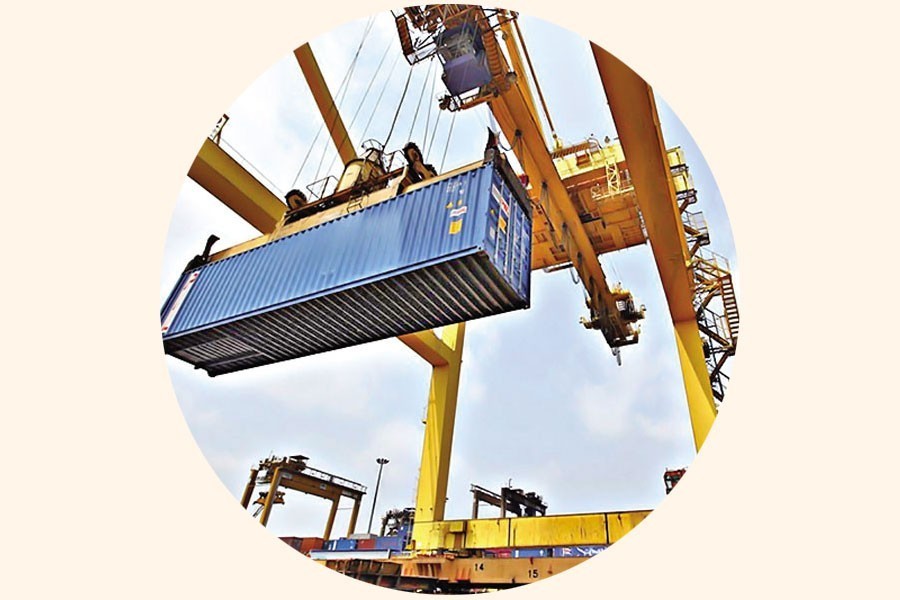The government has initiated a move to import some essential commodities before the Ramadan at a hefty cost-- estimated to be close to US2.50 billion. Ramadan, the holy month of restraint and rectitude for the Muslims, is unfortunately better known in this part of the world as the month when prices shoot through the roof, thanks to the profiteering zeal of the traders. This year, given the domestic inflationary pressure compounded with global recession, the government appears to be extra-alert in procuring the commodities that are most consumed in this month. Eight products have been identified for import that include wheat, edible oil, sugar, pulses, chickpeas, onion, spices, and dates. Although all these items will be in high demand during the month rendering their procurement crucially important, the fact remains that at a time of forex crunch facing the country, spending a huge sum from the government's not-so-comfortable reserve may warrant problems difficult to predict.
Observers, including the media have highlighted the situation as one that needs to be taken care of with well thought-out plans. It is because of the unease due to hefty spending, prompted by the need to make supply of these commodities available during the upcoming Ramadan that the central bank has issued a circular allowing businesses to import these items on deferred payment basis under buyers' or suppliers' credit. Under the facility, the authorised dealers will be allowed to open Letters of Credit (LCs) for import of these goods on deferred payment terms up to 90 days under buyers'/suppliers' credit. The facility will remain applicable from the date of initiation of imports until March 31, 2023.
The circular came after a BB instruction to all scheduled banks to keep cash margin of the import LCs at the lowest level possible. Buyers' credit refers to borrowing for import payment from overseas banks or financial institutions. Suppliers' credit refers to credit extended for imports directly by the overseas suppliers instead of a bank or financial institution.
Reaction of a section of traders to the decision is mixed, while it has been welcomed by many. Viewed from an objective perspective, there is apparently a two-fold problem. First, given the global scenario and scarcity of some of these items because of supply constraints due to Ukraine-Russia war, borrowing from overseas sources to execute imports under buyers'/suppliers' credit may be fraught with difficulties. A few well-connected traders may be in a position to utilise the facility, but many others may not be fortunate enough. It is not known what would be the government's stance in such a situation. Releasing funds from the state coffer would no doubt be too costly. In that case, if the government decides to import less, the low income groups will be the worst sufferers as monopolistic market syndication is sure to take its vicious toll because of inadequate supply. On the other hand, borrowing from overseas sources, if successful, needs to be brought under central bank's scanner in order to ensure transparency as to the fund borrowed and the price of the product/s. The government's decision thus needs to be followed up cautiously.


